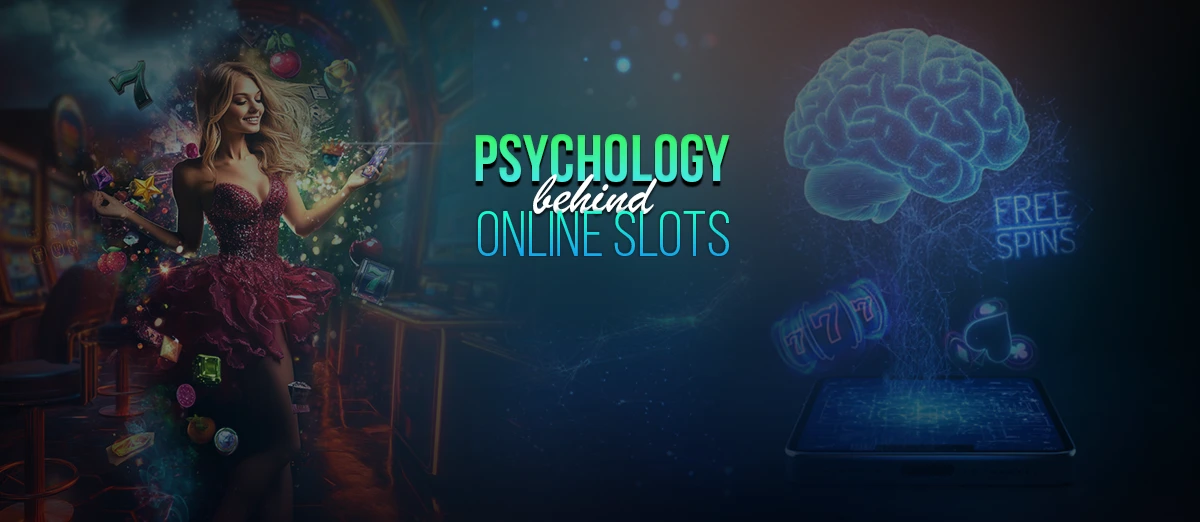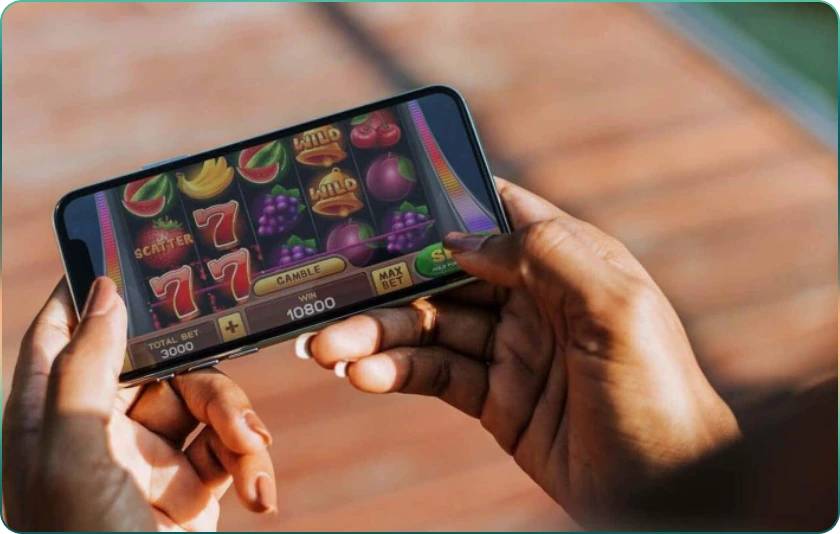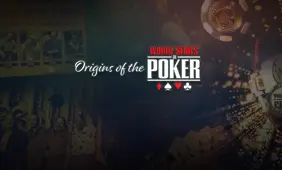Understanding the Psychological Allure of Online Slot Games

The rise of online gambling has brought about a significant shift in how people engage with gaming, with online slots emerging as one of the most popular forms of digital entertainment. The allure of online slots is multifaceted, combining elements of chance, reward, and psychological stimulation. Understanding why people are drawn to these games requires an exploration of the psychological connotations behind their apps and examining how online platforms enhance these attractions.
One of the primary reasons people play online slots is the allure of the reward system. Online slots trigger the brain's reward pathways, a concept deeply rooted in psychology. The intermittent reinforcement schedule used in slots—where rewards are delivered at unpredictable intervals—plays a crucial role in keeping players engaged. This type of reinforcement is particularly potent because it mirrors how the brain responds to unpredictable rewards in other areas of life, such as social interactions or even hunting for food in our evolutionary past.
The Psychological Triggers Behind Online Slots
It is important to mention the sensory stimuli associated with slot games—such as bright lights, vivid colours, and exciting sounds—enhance the pleasure of playing. These stimuli are not random; they are carefully designed to trigger dopamine release in the brain, which is the neurotransmitter associated with pleasure and reward. As a result, players often find themselves in a loop of anticipation and excitement, constantly chasing a triumphant win, which may be just a spin away. This cycle can significantly contribute to the addictive nature of online slots, as players become conditioned to seek out these pleasurable experiences.
Moreover, the concept of near-misses, where a player comes close to winning but falls short quickly, is another psychological tactic that online slot developers use to maintain player engagement. Research has shown that near-misses activate the same areas of the brain as actual wins, leading to a sense of almost achieving success. This can compel players to continue playing, as they believe they are on the verge of a win, even if the chances remain statistically low.
Another significant psychological factor that draws people to online slots is the concept of escapism. Life's stresses and challenges can often lead individuals to seek out activities that allow them to escape reality temporarily. Online slots provide an ideal platform for players to immerse themselves in a world of fantasy and possibility.
In addition, the themes and narratives of online slots often play into this desire for escapism. Gambling games are intertwined with pop culture, mythology, or adventure stories, allowing players to engage with characters and scenarios far removed from their everyday lives. This can create a sense of immersion, where the player becomes emotionally invested in the game, not just for the potential monetary reward but for the enjoyment of the experience.
Furthermore, the anonymity provided by online platforms allows players to explore these fantasies without the fear of judgement or social stigma. This is particularly significant in the context of gambling, where societal attitudes can often be negative. Online slots offer a private space where individuals can indulge in their desires without external pressures, making the experience more enjoyable and less stressful.
As such, the combination of fantasy, anonymity, and the immersive nature of online slots can substantially enhance their appeal, making them a popular choice for those seeking a temporary escape from reality.
Inside the Mind of a Slot Player
It could also be said that cognitive biases also play a crucial role in why people are drawn to online slots. One of the most common biases is the gambler’s fallacy - the belief that if something happens more frequently during a given period, it will happen less frequently in the future, or vice versa. In online slots, this can lead players to believe that a win is "due" after a series of losses, even though each spin is independent and has no bearing on previous outcomes.
In addition, the illusion of control is another cognitive bias that can influence slot players. This bias leads individuals to believe that they can affect the outcome of a game through their actions, such as by timing their spins or choosing specific machines. Online slot games often reinforce this illusion, allowing players to make decisions, such as selecting paylines or betting amounts, which can create a false sense of control over the game.
Moreover, the sunk cost fallacy is a cognitive bias that can significantly impact a player's behaviour in online slots. This bias occurs when individuals continue investing in a losing proposition because they have invested substantial time, money, or effort. Of online slots, players who have already spent a considerable amount of money may continue to play in the hope of recouping their losses, even though the odds remain against them. This can lead to prolonged gambling sessions and, in some cases, problem gambling behaviour.
As a result, cognitive biases can lead players to make irrational decisions that keep them engaged with online slots for more extended periods, often at the expense of their financial and emotional well-being.

The Social Aspect of Online Slots
Many online casinos incorporate social features into their slots, such as leaderboards, tournaments, and chat functions, which allow players to interact with others. These features create a sense of community and competition while enhancing the gaming experience.
In addition, the social aspect of online slots can provide players with a sense of belonging and validation. For some individuals, particularly those who may feel isolated or disconnected in their daily lives, the social interactions within online gambling communities can be a significant source of satisfaction. This sense of connection can be powerful in multiplayer slot tournaments, where players can compete against each other in real-time, creating a shared experience that adds to the excitement of the game.
Moreover, the social rewards of online slots are often reinforced through in-game achievements, such as unlocking new levels or earning virtual trophies. These achievements provide players with a sense of accomplishment and recognition, motivating factors for continued play. In some cases, players may even develop friendships or social bonds with others in the online gambling community, further enhancing the appeal of online slots.
As such, the social aspect of online slots can significantly contribute to their popularity, offering players the chance to win, connect with others, and build a sense of community.
The Impact of convenience and accessibility significantly factor in contributing to their widespread popularity are the convenience and accessibility of online sites. Unlike traditional land-based casinos, which require players to visit a location physically, online slots can be accessed from the comfort of one’s home via mobile devices. This ease of access has substantially broadened the appeal of slot games, making them available to a broader audience.
Moreover, online slots often offer a wide range of betting options, catering to players with different budgets. Whether someone is a high-roller or prefers low-stakes games, online platforms provide substantial variety, allowing players to choose games that suit their financial situation and risk tolerance. This inclusivity is a critical key factor in the popularity of online slots, as it ensures that the games are accessible to a broad demographic.
The ease of making deposits and withdrawals through various casino payment methods also adds to the convenience of online slots. With the proliferation of eWallets, credit cards, and even cryptocurrencies, players can quickly and securely manage their funds, further enhancing the appeal of online gambling.
The Complex Balance of Fun and Risk
Ultimately, the reasons people are drawn to online slots are complex and multifaceted, involving psychological, social, and practical factors. The trustful reward systems built into these games and the appeal of escapism, cognitive biases, and social interaction create a compelling experience that keeps players engaged. In addition, the convenience and accessibility of online slots have made them more popular than ever, significantly broadening their appeal to a diverse audience.
However, it is essential to recognise that these same factors can also contribute to problematic gambling behaviour. The psychological mechanisms behind online slots can lead to addiction and financial hardship. As such, it is crucial for players to be aware of these risks and to gamble responsibly.
Ultimately, the popularity of online slots is a testament to the ingenuity of game designers and the complex interplay of human psychology. By understanding the motivations behind slot play, both players and industry stakeholders can work towards creating a more balanced and responsible gaming environment.








Review this Blog
Leave a Comment
User Comments
comments for Understanding the Psychological Allure of Online Slot Games